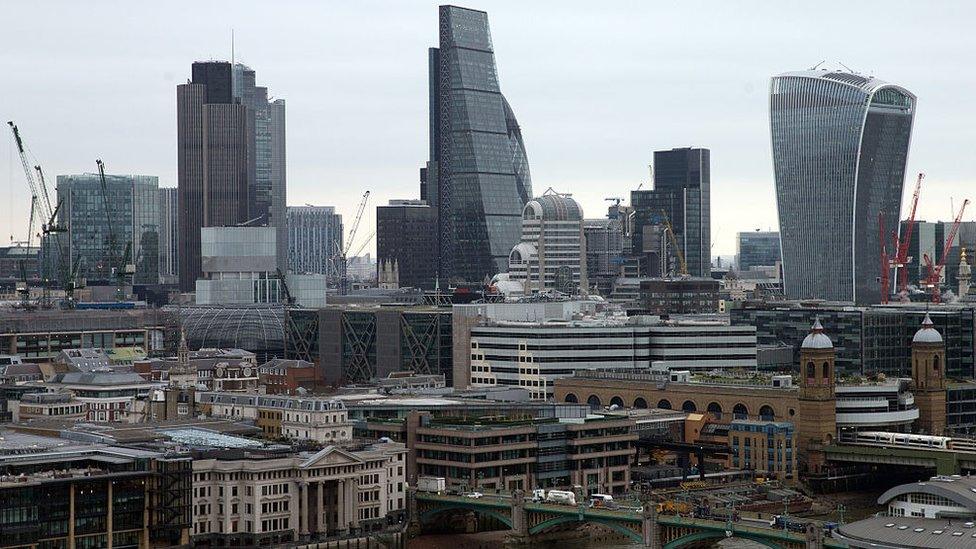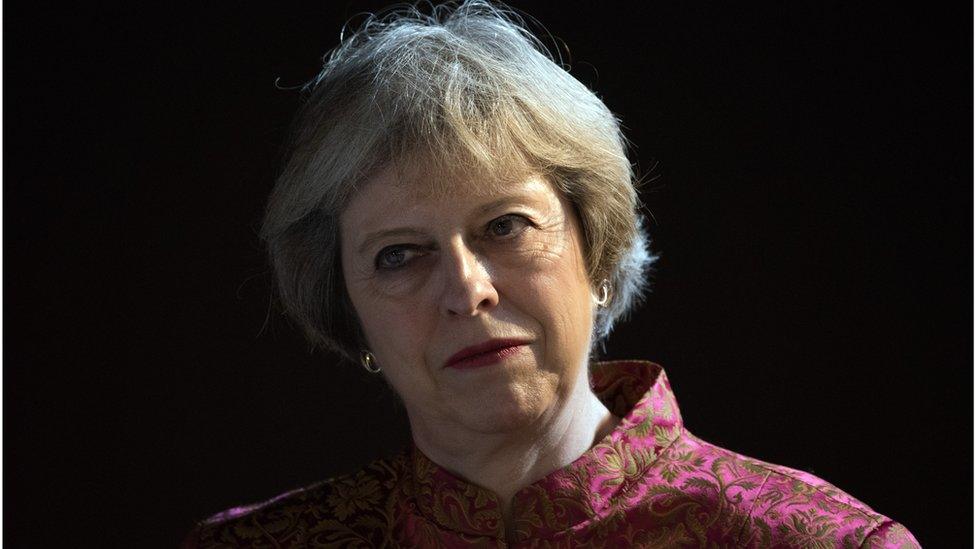McDonald's move will test the type of post-Brexit economy Theresa May wants
- Published
- comments

McDonald's decision to move its tax base to the UK will have multiple factors.
The tax investigation it is facing in Luxembourg and the general worldwide crackdown on the movement of profits between different tax jurisdictions to minimise payments are likely to have been two.
A third is the fact that McDonald's already has a significant business in the UK.
But, taking a step back from the specific decision that is dissected by my colleague Simon Jack, there is also a broader trend starting to take shape.
The McDonald's announcement - which may not actually mean much in job terms - is part of a wider bet on the shape of the UK economy after the departure from the EU.
UK commitment
Yes, many businesses are concerned about the effect on the economy if any trade deal with the EU is replete with damaging tariffs.
And the City is braced for thousands of jobs to move to the continent as London loses at least some of its attractions as an entry point into the EU.
However, Google, Facebook, Apple, Boeing and Nissan have all now committed to the UK since the vote to leave the EU.
That suggests a belief the tax and investment approach of the UK government will be at least as "business friendly" as that available in the EU - and, quite possibly, more so.
Of course, the impact of businesses that have not invested here or have delayed decisions because of the vote is harder to define.
And economists from the Bank of England to the Office for Budget Responsibility predict a slowdown in growth next year because of uncertainties about the UK's relationship with the EU.

The Prime Minister has said she wants an economy that works for all, and that she wants to lead a relentlessly pro-business government.
That is not necessarily a contradiction.
But, low business taxes, flexible labour markets and borders open to immigration (all high on the list of many businesses' needs) are likely to be controversial for many voters.
Theresa May is treading a difficult path.
Many people would like to see more intervention by the state to "control" business and redistribute wealth.
The commitment of many global businesses to the UK is likely to be for very different reasons.